Table of Contents
ToggleIntroduction: What Is ZBNF?
Zero Budget Natural Farming (ZBNF) is a farming method designed to help farmers grow crops without spending a lot of money. As the name suggests, “zero budget” means no extra costs, while “natural farming” refers to using nature-friendly techniques.
Essentially, ZBNF teaches farmers to rely on resources they already have, instead of buying expensive fertilizers, and pesticides, or taking out loans.
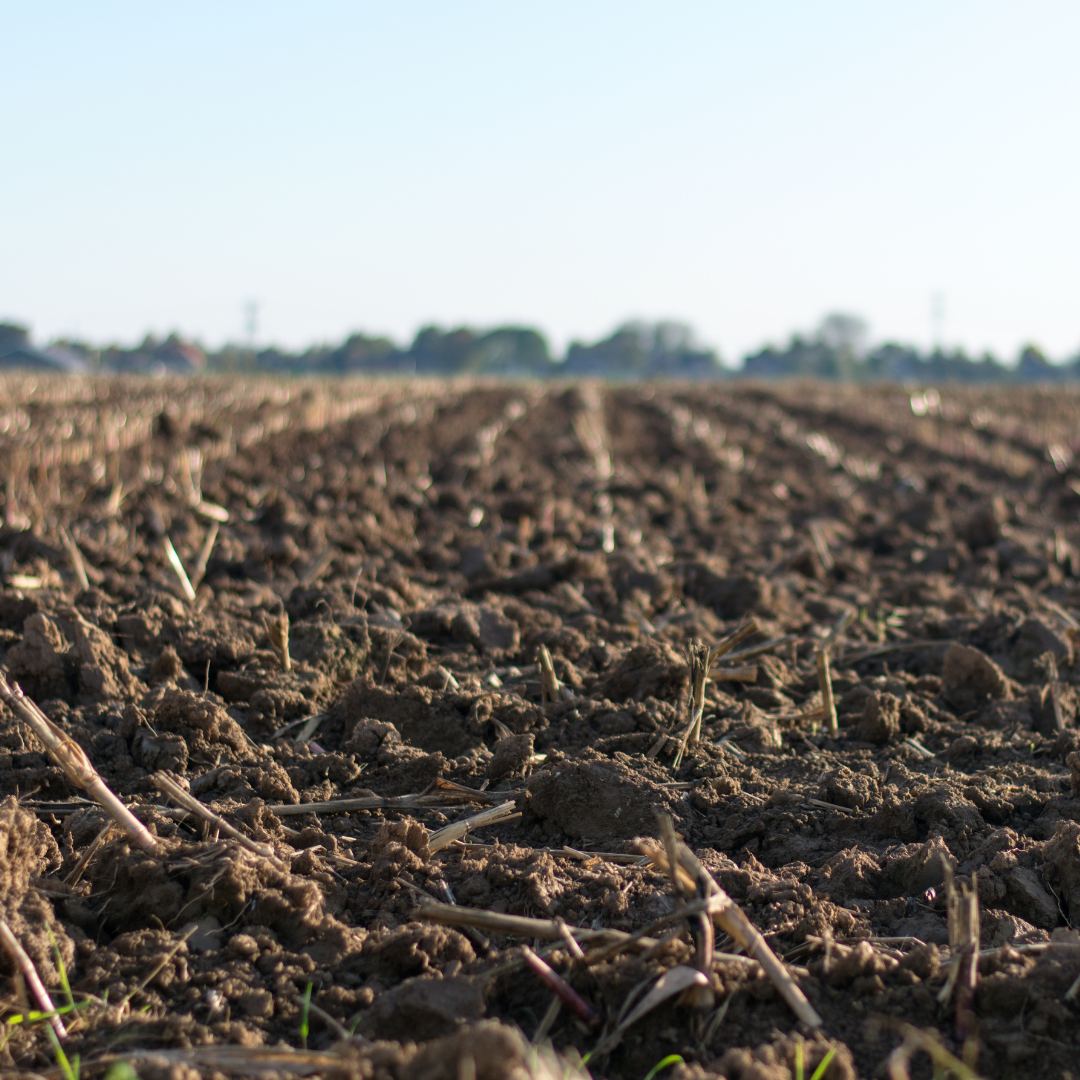
This method was introduced by Subhash Palekar, an Indian farmer and agricultural expert. He believed that farming doesn’t need to be expensive and that using natural, farm-grown materials can lead to healthier, more productive crops.
Today, ZBNF is especially popular among small-scale farmers who want to reduce their farming costs.
How Does ZBNF Work?
In ZBNF, the focus is on making use of available natural materials rather than relying on costly chemical inputs. Let’s explore some of the core components of ZBNF and how they work together.
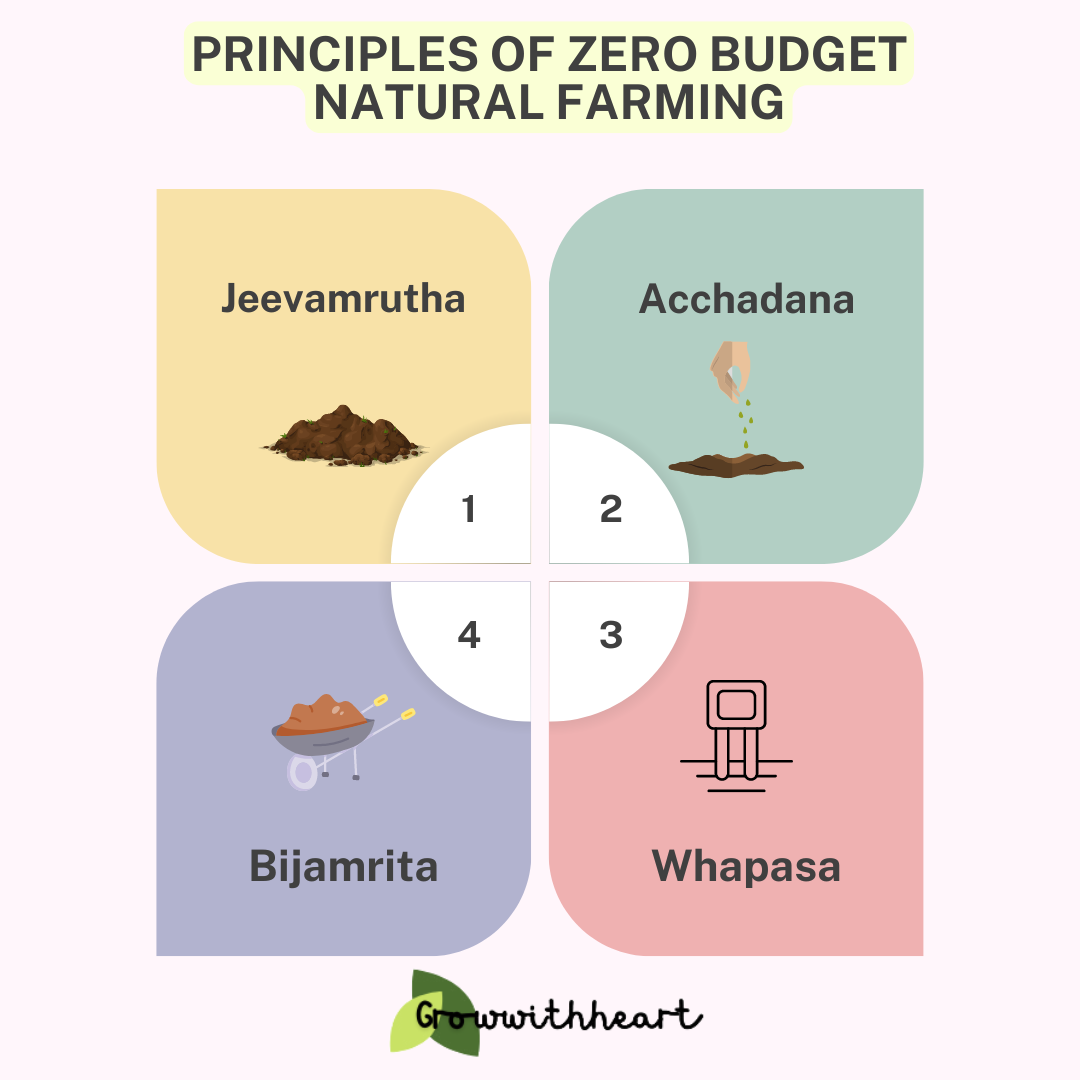
Jeevamrutha: Natural Soil Fertilizer
One of the key ingredients in ZBNF is Jeevamrutha, a liquid fertilizer made from simple farm products like cow dung, cow urine, jaggery (a form of unrefined sugar), pulse flour, and water.
When mixed and fermented, this solution helps enrich the soil by boosting the growth of beneficial microorganisms. These microorganisms enhance soil fertility, making it easier for crops to absorb nutrients.
As a result, farmers can avoid the need for expensive chemical fertilizers, saving money while improving the quality of their soil.
Bijamrita: Natural Seed Treatment
Next, ZBNF encourages the use of Bijamrita, a natural seed treatment made from cow urine, cow dung, lime, and soil. Before planting, farmers soak seeds in this mixture to protect them from diseases and pests.
This step is crucial because it ensures the seeds are healthy from the start, allowing them to grow strong without relying on chemical treatments or costly seed protection methods.
Mulching: Protecting the Soil
Another essential practice in ZBNF is mulching, which involves covering the soil with organic materials like dry leaves, straw, or crop residues. Mulching helps retain moisture in the soil, suppresses weed growth, and adds organic matter as it breaks down.
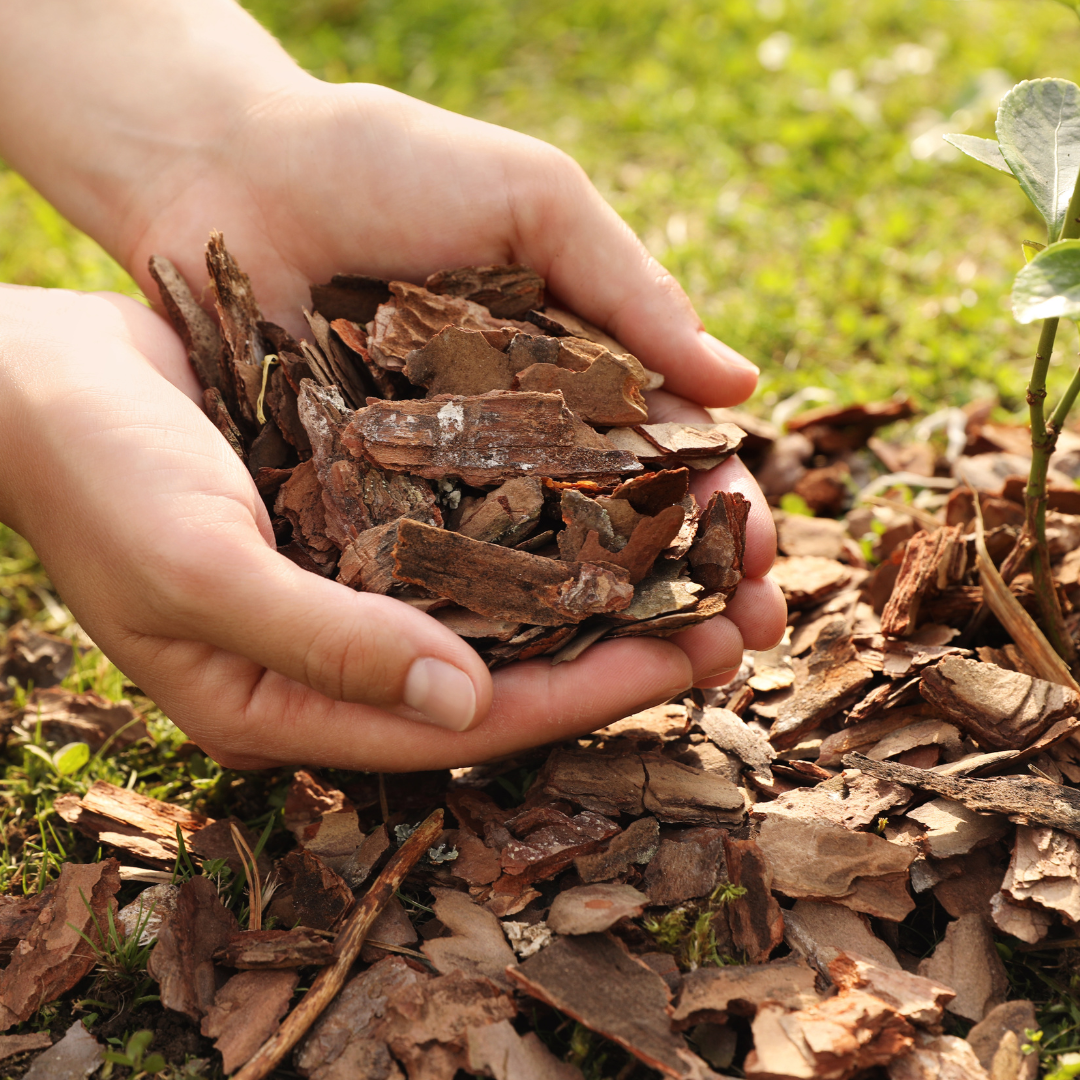
By doing this, farmers can reduce water usage, avoid spending on herbicides, and improve the overall health of their soil.
This is especially useful in areas where water is scarce, as it helps keep the soil moist for longer periods.
Waaphasa: Managing Soil Moisture
ZBNF also emphasizes the importance of Waaphasa, or maintaining proper soil aeration. This involves keeping the soil’s moisture levels balanced, which ensures that crops get the right amount of water without over-irrigation.
Since ZBNF promotes less frequent watering, farmers can reduce their water bills and the need for expensive irrigation systems, making it a cost-effective practice.
Natural Pest Control: Avoiding Chemicals
Finally, ZBNF offers natural solutions for pest control. Instead of using chemical pesticides, farmers can make natural mixtures like Agniastra, which is made from chili, garlic, and neem leaves.
This mixture is sprayed on crops to protect them from pests. Not only is this method much cheaper, but it also avoids harming beneficial insects that are important for the farm’s ecosystem.
The Many Benefits of ZBNF
ZBNF offers a wide range of benefits, especially for farmers who want to save money and practice sustainable farming. Let’s look at some of the key advantages.
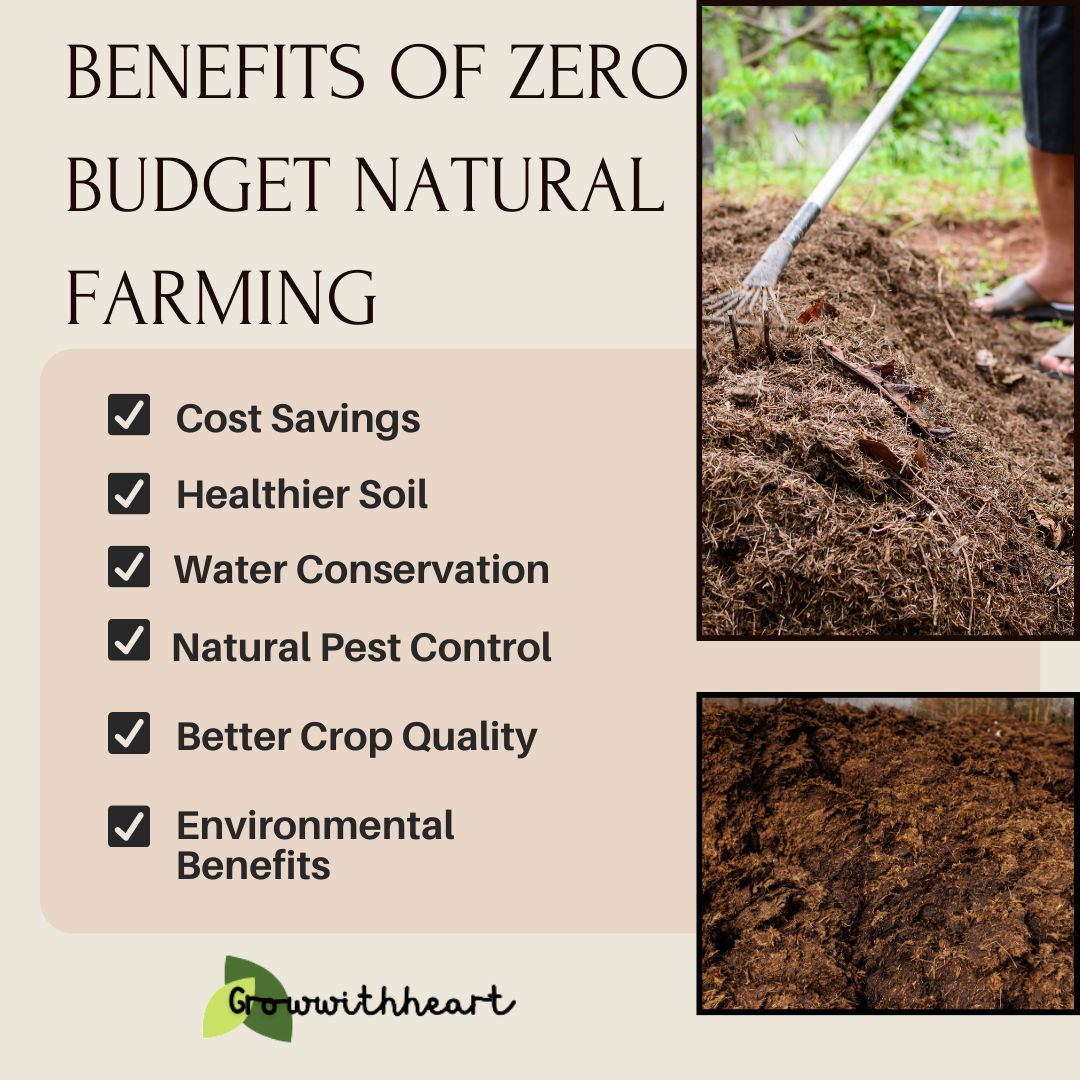
1. Cost Savings
One of the biggest advantages of ZBNF is that it significantly reduces farming costs. Farmers don’t need to spend money on chemical fertilizers, pesticides, or herbicides.

This can be a huge relief, especially for small-scale farmers who often struggle to afford these costly inputs. Additionally, since ZBNF encourages the use of natural materials available on the farm, there’s no need to take out loans or buy expensive products.
2. Healthier Soil Over Time
ZBNF focuses on improving soil health naturally. With regular applications of Jeevamrutha and mulching, the soil becomes richer in organic matter and nutrients.
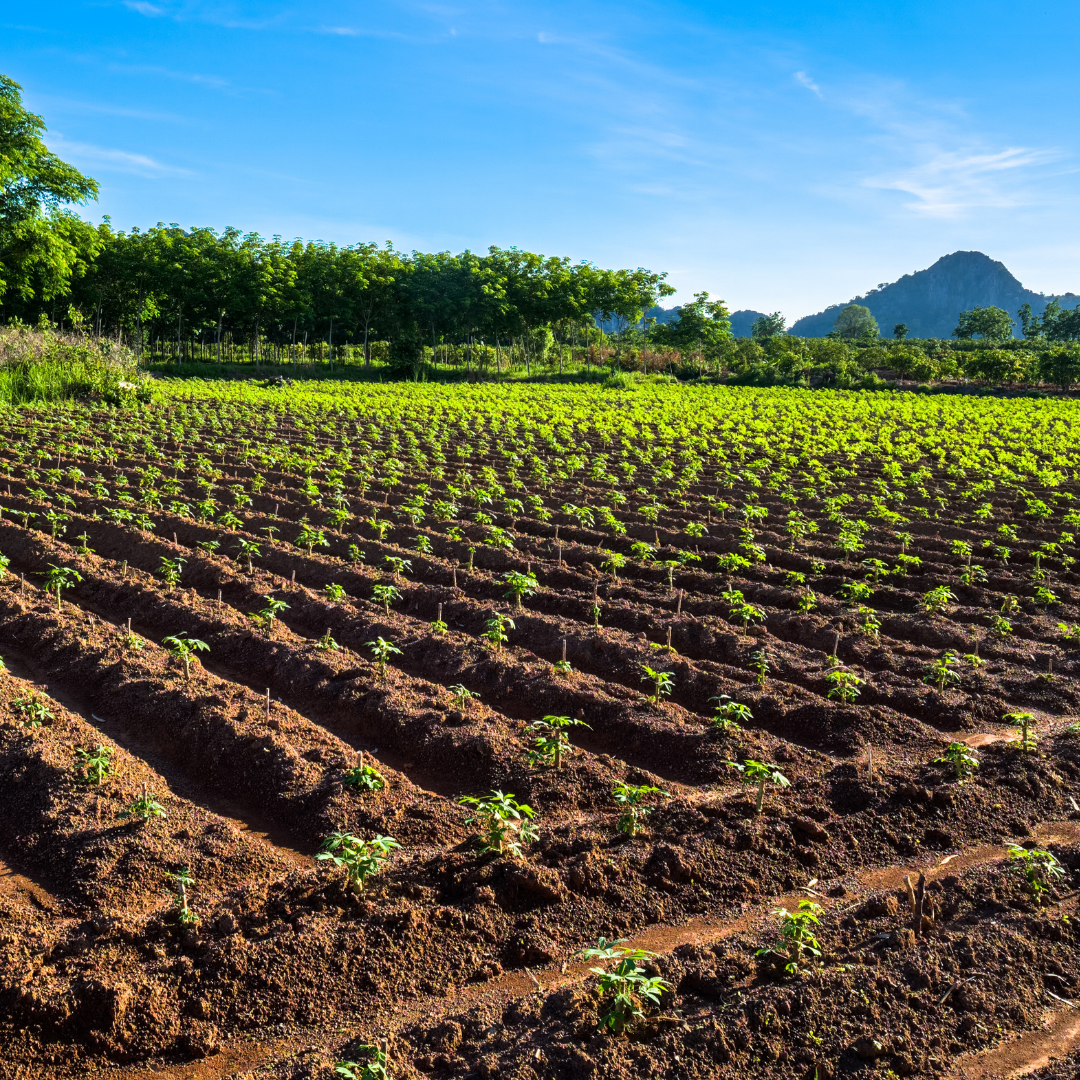
Over time, this leads to healthier soil that can support better crop growth. Healthy soil also holds water more efficiently, which reduces the need for irrigation. Ultimately, this results in stronger plants and better harvests year after year.
3. Environmentally Friendly Farming
Another important benefit of ZBNF is that it promotes environmentally sustainable farming practices. By avoiding chemical inputs, farmers help protect the land and water sources.

Natural pest control methods, like Agniastra, are gentle on the environment and don’t harm beneficial insects such as pollinators. In this way, ZBNF supports a more balanced and healthy farm ecosystem.
4. Reduced Water Use
Because ZBNF encourages practices like mulching and Waaphasa, farmers can conserve water. These methods help retain soil moisture, meaning less frequent irrigation is needed.

This is particularly helpful for farmers in regions where water resources are limited. By cutting down on water usage, farmers not only save money but also contribute to water conservation efforts.
5. Healthier, Chemical-Free Crops
Since ZBNF avoids the use of harmful chemicals, the crops grown using this method are healthier and free from chemical residues. This makes the produce safer to eat and often more nutritious.

Health-conscious consumers are increasingly looking for chemical-free and organic foods, and ZBNF farmers can meet this demand, potentially selling their produce at a higher price.
6. Increased Farmer Income
Finally, ZBNF can improve the overall income of farmers. Not only does it reduce farming expenses, but it can also lead to better-quality crops that fetch a higher price in the market.

Additionally, the savings from not having to buy chemical fertilizers and pesticides allow farmers to retain more of their earnings, increasing their financial stability over time.
How to Start ZBNF on Your Farm
If you’re interested in trying ZBNF on your farm, here’s a simple guide to help you get started.
Step 1: Make Jeevamrutha
The first step is to prepare Jeevamrutha, which you can make from cow dung, cow urine, jaggery, pulse flour, and water.
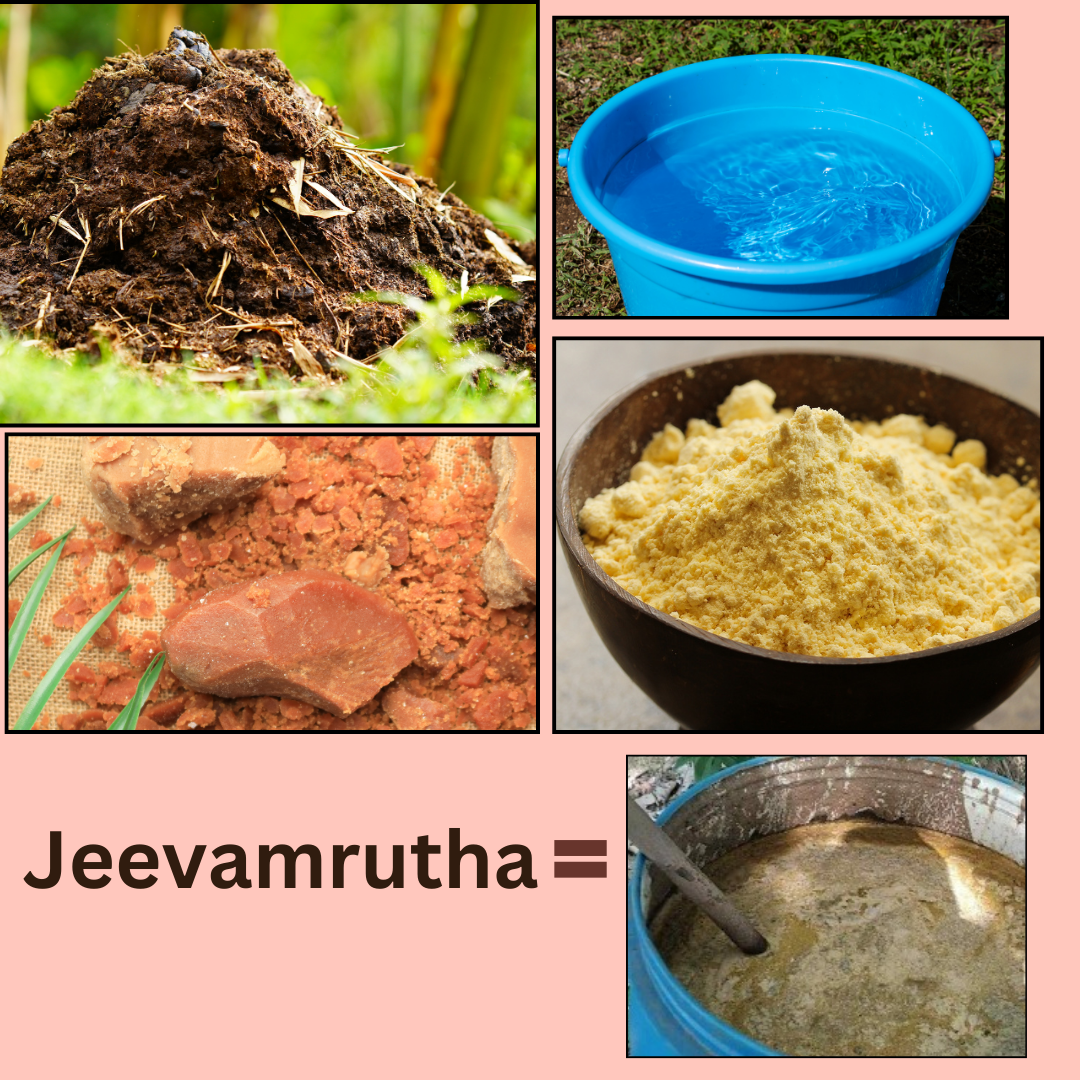
Allow it to ferment for a few days, then apply it to your fields every 15-20 days to improve soil fertility.
Step 2: Treat Seeds with Bijamrita
Before planting, treat your seeds with Bijamrita. This will help protect them from pests and diseases, ensuring they grow strong and healthy.
Step 3: Apply Mulch
Cover your soil with a layer of mulch using organic materials like dry leaves or crop residues. This will help retain moisture and improve soil health.
Step 4: Use Natural Pest Control
Whenever you notice pests attacking your crops, use natural pest control methods like Agniastra, which can be made from common ingredients like garlic and chili.
Step 5: Observe and Adjust
Keep a close eye on your crops and the condition of your soil. With time, you’ll learn how to manage your farm more efficiently using ZBNF techniques.
Conclusion
In conclusion, Zero Budget Natural Farming (ZBNF) is a sustainable and cost-effective way for farmers to grow crops without spending much money.
By using natural inputs like Jeevamrutha, Bijamrita, and mulching, farmers can improve soil health, conserve water, and protect their crops naturally.
With ZBNF, farmers can not only save money but also produce healthier, chemical-free crops that are better for both the environment and consumers.
